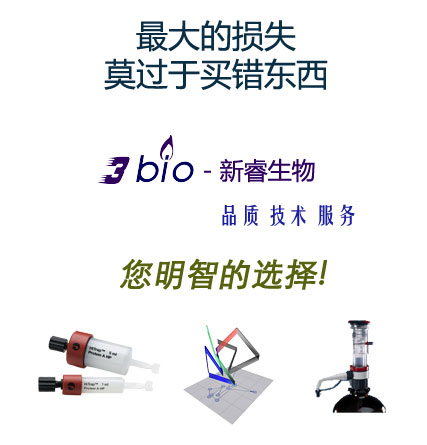Ubiquitinated H2B Mouse Monoclonal Antibody (NRO3) (MEDIMABS)
Ubiquitinated H2B Mouse Monoclonal Antibody (NRO3) (MEDIMABS)

Target:
Ubiquitinated H2B
Target background:
It has been demonstrated that histone modifications are implicated in the regulation of transcription. Recent studies have revealed complex links between H2B ubiquitination and the control of transcription. Some studies suggest that H2B ubiquitination plays a role in transcriptional silencing whereas others suggest a role in transcriptional initiation and elongation. This antibody was raised against a branched peptide corresponding to the conjugation site of ubiquitin on human histone H2B.
Target alias:
Ubiquitinated Histone H2B, Ubiquitin Histone H2B, H2B, ub histone h2b, ub h2b
Immunogen:
Branched peptide corresponding to the conjugation site of ubiquitin on human histone H2B
Specificity:The antibody recognizes the K120 ubiquitination of the human histone H2B with no detectable cross-reactivity with either non-ubiquitinated H2B or ubiquitinated histone H2A.
Clone ID:
NRO3
Isotype:
IgG2a
Preservative:
None
Format:
Lyophilized protein G purified in PBS pH7.4
Recommend starting dilution:
If reconstituted with deionized water in 50 µL: WB 2-3 µg/ml; ChIP 3-5 µg per sample; IHC: 1:200 – 1:500. Optimal dilution has to be determined by the user.
Limitations:
Research Use Only
References:
Storage:
Lyophilized antibodies can be kept at 4ºC for up to 3 months and should be kept at -20ºC for long-term storage (2 years). To avoid freeze-thaw cycles, reconstituted antibodies should be aliquoted before freezing for long-term (1 year) storage (-80ºC) or kept at 4ºC for short-term usage (2 months). For maximum recovery of product, centrifuge the original vial prior to removing the cap. Further dilutions can be made with the assay buffer. After the maximum long-term storage period (2 years lyophilized or 1 year reconstituted) antibodies should be tested in your assay with a standard sample to verify if you have noticed any decrease in their efficacy.

















